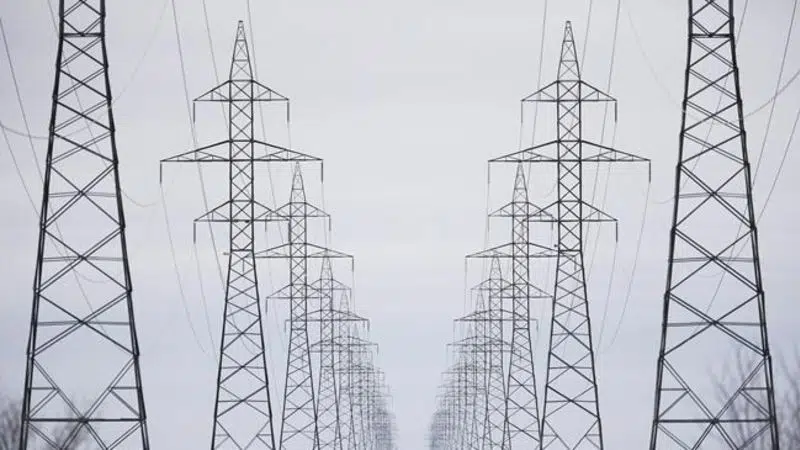
Manitoba-to-Minnesota power line project approved with several conditions
WINNIPEG — The federal government has approved a $453-million Manitoba-Minnesota power transmission project that has been the source of friction between Premier Brian Pallister and the Manitoba Metis Federation.
The 213-kilometre, 500-kilovolt line would stretch from a point northwest of Winnipeg and cross the Canada-United States border near the small Manitoba community of Piney.
Natural Resources Canada says the project is subject to 64 Manitoba licence conditions and another 28 from the National Energy Board to ensure construction safety, environmental protection and ongoing participation for Indigenous groups.
Pallister clashed with the Metis over the project last year when he quashed a 50-year deal worth $67 million that had been negotiated between the federation and Manitoba Hydro to help support the transmission line. The premier called it “persuasion money” to a special interest group.

